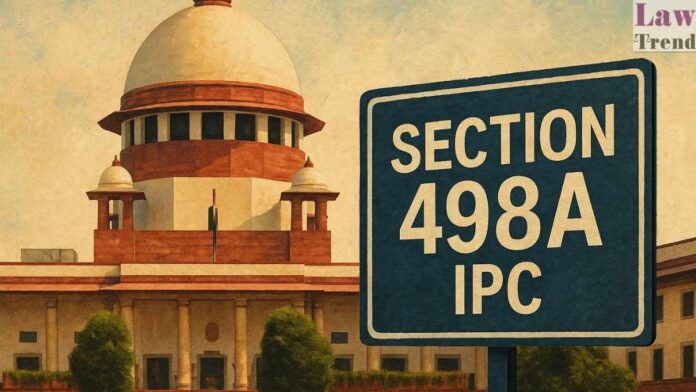The Supreme Court has set aside the conviction of Rajesh Chaddha under Section 498A of the Indian Penal Code and Section 4 of the Dowry Prohibition Act, 1961, holding that allegations in such cases “cannot be ambiguous or made in thin air.” The Court emphasized the need for specific, substantiated claims to invoke penal provisions
To Read More Please Subscribe to VIP Membership for Unlimited Access to All the Articles, Download Available Copies of Judgments/Order, Acess to Central/State Bare Acts, Advertisement Free Content, Access to More than 4000 Legal Drafts( Readymade Editable Formats of Suits, Petitions, Writs, Legal Notices, Divorce Petitions, 138 Notices, Bail Applications etc.) in Hindi and English.




